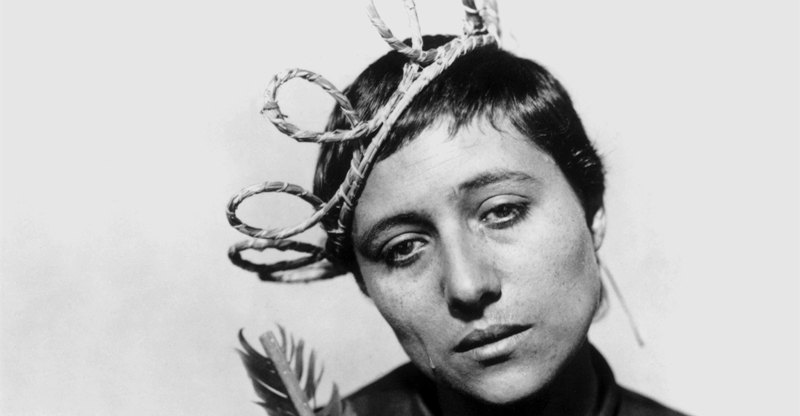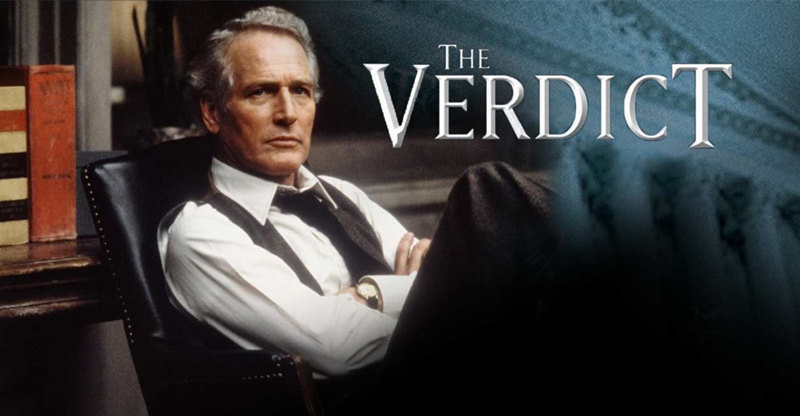In the interest of full disclosure, I have to admit that I have an extremely limited tolerance for anything labeled as a sex comedy in large because I find them to be missing the comedy part of the equation.
“Dona Flor and Her Two Husbands” (1977) is, at least, not guilty of missing the sex element. An emblem of an era when “art house” or “foreign” usually meant “nudity,” the film features a young and stunningly gorgeous Sonia Braga in the title role. And she is given ample opportunity to show up that stunning beauty in several steamy sex scenes that hide very little.
There is no such thing as gratuitous nudity but as an added bonus, the sex scenes in the film are actually integral to the story. Dona Flor’s husband Vadinho (José Wilker) drops dead right in the middle of Carnaval prompting Flor to mourn deeply and the rest of her friends to celebrate like it’s… well, like it’s Carnaval. Vadinho was a disgrace of a man: a degenerate gambler, a crude womanizer, a drunk, a freeloader, and a wife-beater. The film goes to great lengths to show us Vadinho at his best/worst in an extended flashback that actually comprises the majority of the film’s running time. Nonetheless, Flor misses him deeply and while this is puzzling at first, we soon figure out why. Vadinho was a wild man in bed, and gave Flor the kind of Earth-shaking orgasms she literally dreams about.
Her eventual second husband Teodoro (Mauro Mendonca) can’t *ahem* measure up to Vadinho’s standard though he’s blissfully unaware of this. Wealthy, kind and considerate, he’s a fine provider for Flor but she can never forget about her magnificent lover. Fortunately she doesn’t have to when her obsession calls him back from the dead and back into her bed.
Apparently, Vadinho is intended to be a charming rogue. If so, his charms escape me. The wife-beating is reason enough to sap him of any potential appeal, but even beyond that he’s simply a pig who is brutal to everyone around him except his fawning sycophants at the casino where he constantly flushes away Flor’s money. On one of the extras on the DVD, Wilker describes his character as the kind of man Brazilian men wish they could be, but I hope he’s just as full of shit as Vadinho. Arguing in favor of Wilker’s take, however, is the fact that the film shattered previous box office records in Brazil and remains one of the country’s biggest commercial hits of all-time.
The film’s charm is at least partially dependent on Vadinho’s and if you find him merely nauseating it’s difficult to warm up to the movie. However, “Dona Flor” has many other virtues, chief among them Sonia Braga who is not just sexy but also delivers a fine performance. It’s tempting to scream “Get some help, woman!” as she pines away for her scumbag husband, but Braga makes it easy to believe that a woman could miss such a lowlife (yes, even a wife beater) and still be both intelligent and self-assured.
As strange as it seems, “Dona Flor” can be seen as a feminist film. While we may question Flor’s choices, the fact that she knows what she wants and ultimately gets it, even if by fantastical means. By the end of the film, the grieving widow now has two husbands, one steadying influence who helps her feel secure and one madman in the sack who she has all to herself since nobody else can see or hear him. The cover of the DVD captures conveys this quite succinctly: Dona has a husband on each arm and walks happily into the sunset.
VIDEO
The film is presented in a 1.85:1 anamorphic transfer. This one shows an awful lot of wear and tear, and the image generally looks flat and drab. This is probably due in large part to the source print, and I doubt there’s a better version currently available, but it still leaves a lot to be desired.
AUDIO
The DVD is presented in Dolby Digital 2.0. Optional English subtitles support the Portuguese audio.
EXTRAS
The only extras are a short “Making of” featurette (8 min.) and a trailer for the Brazilian re-release.
FILM VALUE
Like most sex comedies, “Dona Flor” is not quite my cup of tea, but with a fine performance by Sonia Braga, some hot sex, and an unlikely feminist moral, it’s still a provocative film. The film is based on the popular novel by Jorge Amado


